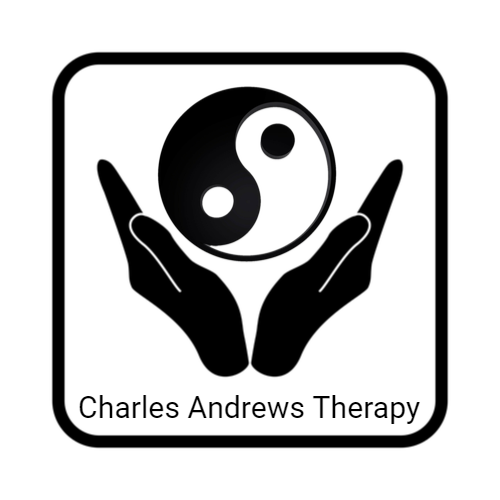Addiction is not a moral failing. It’s a damaging habit.
The words “addict” or “addiction” are so freighted with negative meaning that I tend to avoid using them in my work with clients habituated to substances. Substances are just that. No more, no less. If my client is habituated to heroin this does not make them morally suspect, or a bad person. It just makes them someone who is habituated to heroin. Someone with a problem in their lives that they want to solve. A serious problem, yes. Even life-threatening, yes. But, still, a problem that can be solved, or at least addressed effectively in various ways. If my client wants to stop using heroin, then we work on that. The same is true for any client using any substance, from crystal meth, to alcohol to whatever it might be. The first thing we all should do is drop the moral judgement. Such judgements get in the way of supporting a loved one; get in the way of helping them solve their problem. Judgements of a loved-one’s behavior while using are appropriate and necessary, but judgements of the substance-use itself are virtually always counter-productive.
One major difficulty posed by opiates and to a lesser degree alcohol is that the body becomes physically dependent on the substance. A loved-one with an opiate habit who cannot get more opiate when they need it will truly feel physically as if they are going to die. Because of the nature of dependency, the brain of someone who is using heroin cannot use its naturally occurring opiate-like endorphins, and these chemicals regulate numerous crucial physical functions. The brain needs more in a dependent substance-user to function normally. Dependency on amphetamines operates a bit differently, but the effect is largely the same: many amphetamine users report that “I feel normal” when they use their substance of choice. They may get high, but mostly the substance allows them to feel like themselves, and the more they use, they more they must use to get the same effect. So when we say to our loved-one“just stop” it’s simply not that easy. It never is.
Most of my clients truly want to stop using. These clients tend to have a better chance of ending their habit. Some though, do not want to stop. Or they may want to stop, but simply cannot. This is the toughest thing loved ones must face: sometimes, the substance-user simply does not want to stop. And until they want to stop, most treatment and most therapy will be, if not a waste of time, a very long and winding process. With clients like these their loved ones have the difficult task of being both understanding and compassionate and also holding the limit. Try to understand what your substance-using loved-one is going through, and accept it without judgement, with kindness, but hold the limit, that is, create and maintain appropriate boundaries with that loved one. You need not enable, or approve of their habit, or approve of their behavior while they are using, you need not give in to your loved one. You need not give them money, you need not give them a place to live if they are using, if that is your boundary, but you do have to try to understand them and what they are going through while in the midst of their substance use. Genuine, authentic efforts to understand your loved-one while holding appropriate, healthy, safe boundaries with kindness, are more likely to get through to your substance-using loved one than moral judgements and rejection. They must find their own way, and you can help them do it by offering understanding of who they are, and acceptance of what is happening to them. This is a way to maintain a useful, vital connection with your loved one. This is the kind of work I do with substance users and their families.
It is also true that even a client who does not want to stop can benefit from time in effective treatment, if for no other reasons than to be in a safe place where they can be taken care of and stop using for a time.
